Witches, vampires, and monsters, oh my! This summer I was fortunate enough to take two classes at the University of Stirling in Scotland, and I’m here to tell you all about my experience navigating a learning environment that is a lot different than what U.S. students might be used to! My name is Roux Colacino, and I’m a technical theatre major and art history minor at Wagner College in NYC, and this is a quick rundown of my academics abroad!
When I chose my courses (in the UK, known as modules) through CIS Abroad, I was looking for humanities classes that were a bit off the beaten path. I ended up enrolled in my first two choices: Monsters & Vampires, and Witches in Early Modern Scotland! Taking classes like these with a hyper-specific focus was incredibly refreshing for me – I felt like I was really able to engage with the material on a deeper level in these courses than I have the opportunity to in my usual college setting, which is much smaller.
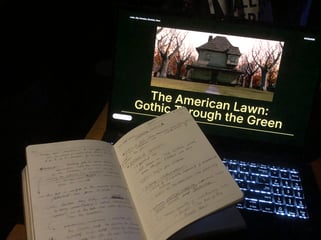
In the case of my Monsters & Vampires module – a class focused on the study of the Gothic genre, particularly classic works like Dracula and Frankenstein – our discussions were buttressed by secondary sources that let us explore the texts through various literary lenses that were both unexpected and fascinating. I especially think about the discussions that came from our professor telling us about his book, a study on the real-life Gothic horror of the Chernobyl disaster and the idea of hyperobjects as it pertains to nuclear radiation. That level of unparalleled specificity of concepts was the mode at which both classes operated, and it made for an enlightening and thoughtful collegiate atmosphere.
Class Structure
Each class was only two hours long and met twice a week, broken up into roughly an hour of lecture and an hour of seminar. Lectures are exactly what they sound like; they are the explanatory, informational foundations of the module, taught by professors who are experts in their fields, and each session’s lecture builds on the last. Seminars are where the real magic happens though, in my opinion. These are periods of class-based discussion in small groups, lightly structured (with the guidance of the professor) on a few questions that tie the out-of-class readings with the lecture.
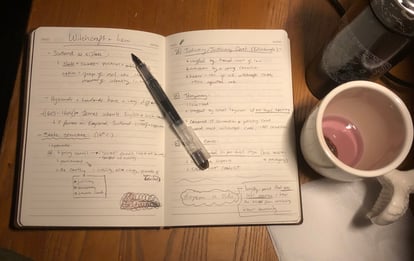
Seminars are a fantastic way of encouraging idea-building among students and strengthening critical analysis skills, and I really enjoyed this community-led approach to learning. Additional group work in the form of presentations also helped to foster the creation and sharing of ideas among peers, leading to stronger analysis and arguments about the material. In keeping with what I’ve shared about the Monsters & Vampires module, an assignment that stands out to me as being particularly memorable was my group’s presentation about the suburban American lawn as a symbol of the Gothic, which also ended up being a great opportunity to explore some of the subtler cultural differences between the U.S. and Scotland.
Field Trips
 Another wonderful aspect of my academics abroad were the weekly field trips; my semester was only four weeks long but in that time I had a field trip for each module, curated and directed by the professors. My Witches of Early Modern Scotland class went to the Museum of Magic, Fortune-Telling & Witchcraft in Edinburgh, purportedly the only museum in Scotland dedicated solely to the history of witches and cunning folk in Europe. After our visit we also took a guided tour, a ‘witch walk’, if you will, around the city to visit culturally significant landmarks to witches and witch persecution; it was a great opportunity to view Edinburgh from a unique, historical perspective that is not often considered!
Another wonderful aspect of my academics abroad were the weekly field trips; my semester was only four weeks long but in that time I had a field trip for each module, curated and directed by the professors. My Witches of Early Modern Scotland class went to the Museum of Magic, Fortune-Telling & Witchcraft in Edinburgh, purportedly the only museum in Scotland dedicated solely to the history of witches and cunning folk in Europe. After our visit we also took a guided tour, a ‘witch walk’, if you will, around the city to visit culturally significant landmarks to witches and witch persecution; it was a great opportunity to view Edinburgh from a unique, historical perspective that is not often considered!
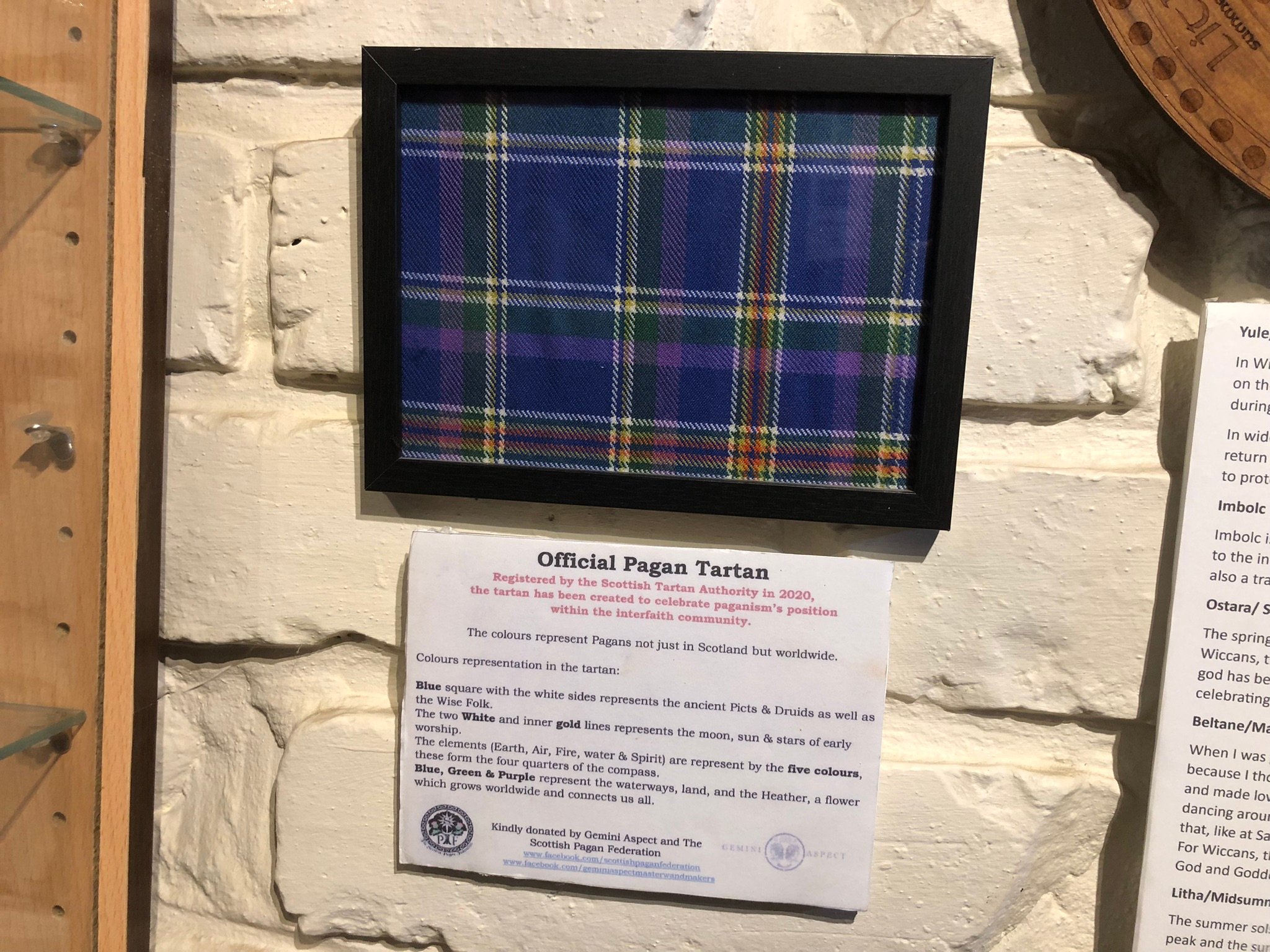
Grading Standards
Finally, the grading aspect is, I think, the biggest (or at least, the most notable) difference in academic styles between the U.S. and Scotland. In Scotland, the threshold for an A is much lower than in the U.S., but the grading scheme tends to be much stricter. In other words, you only need a 70% on an assignment to achieve an A, but you also need to work harder to get there. I thought I had adjusted to the difference while I was there, but it still really surprised me when I checked my grades at the end of the semester and saw that I had achieved only a 60% in one of my classes (which actually translates to a B+ by American standards)! It really can sneak up on you and cause a brief panic if you’re not expecting it!
Overall, I really enjoyed my experience in Scotland! The University of Stirling, especially, has a rich academic program that balances work and play, and the result is a thriving classroom of motivated students who are genuinely interested in the material and each other’s ideas. I left the University feeling very academically fulfilled, and I hope to bring that energy and enthusiasm back into my final year of college in the U.S.
If you're interested in exploring more of Scotland, check out all of CIS Abroad's available programs here!
Blog by Roux Colacino, Wagner College student & Summer in Scotland alum
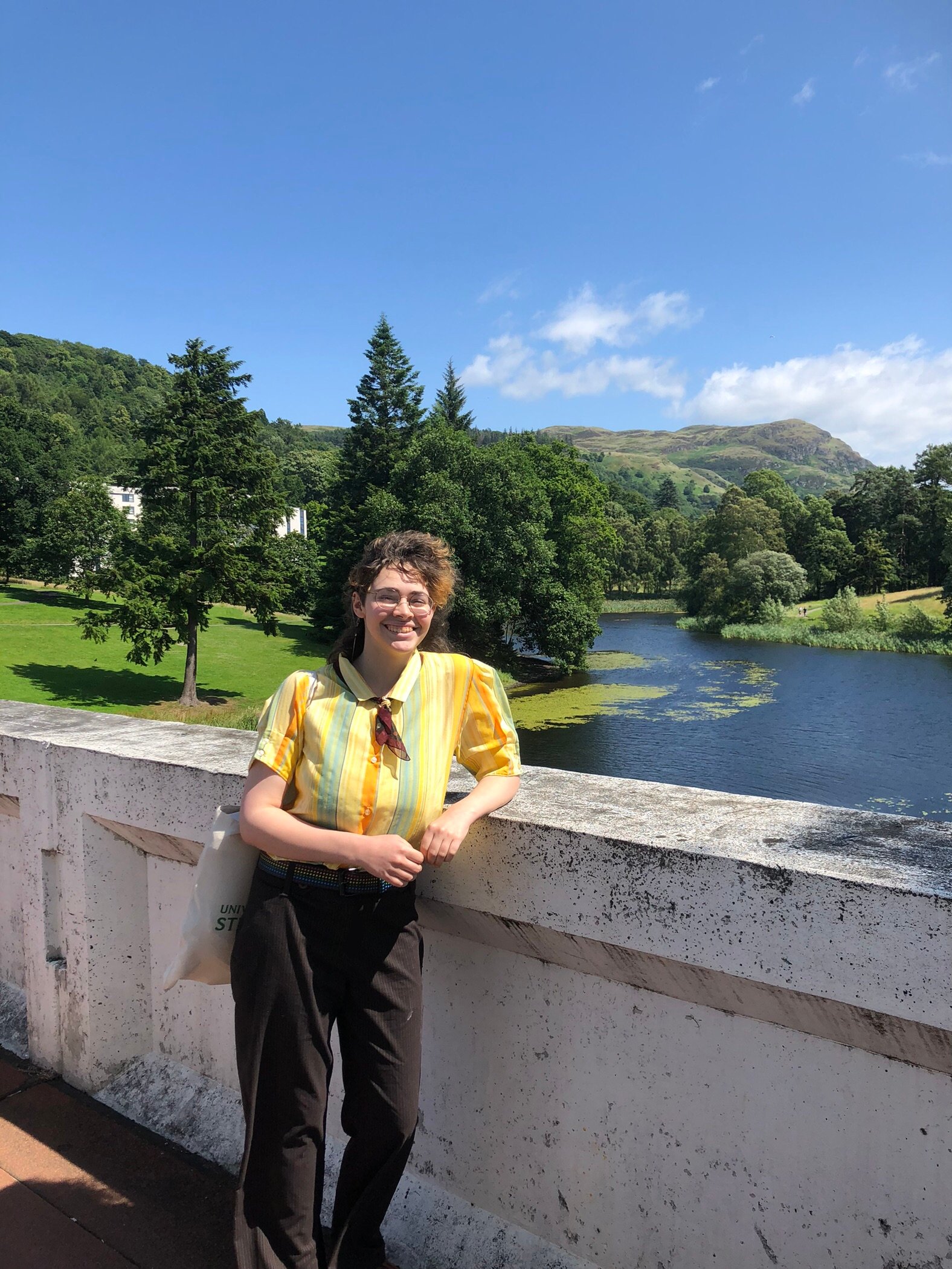
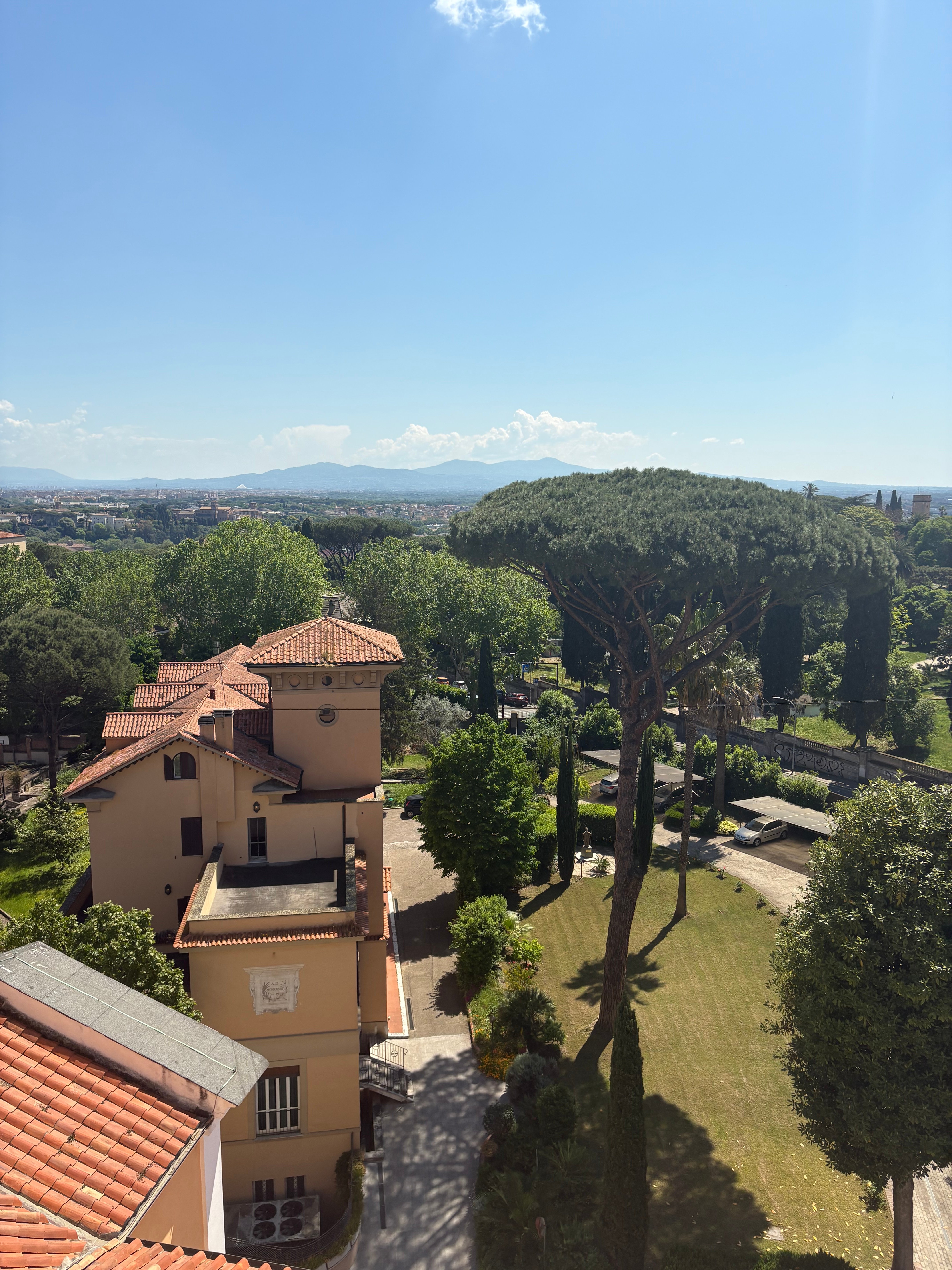
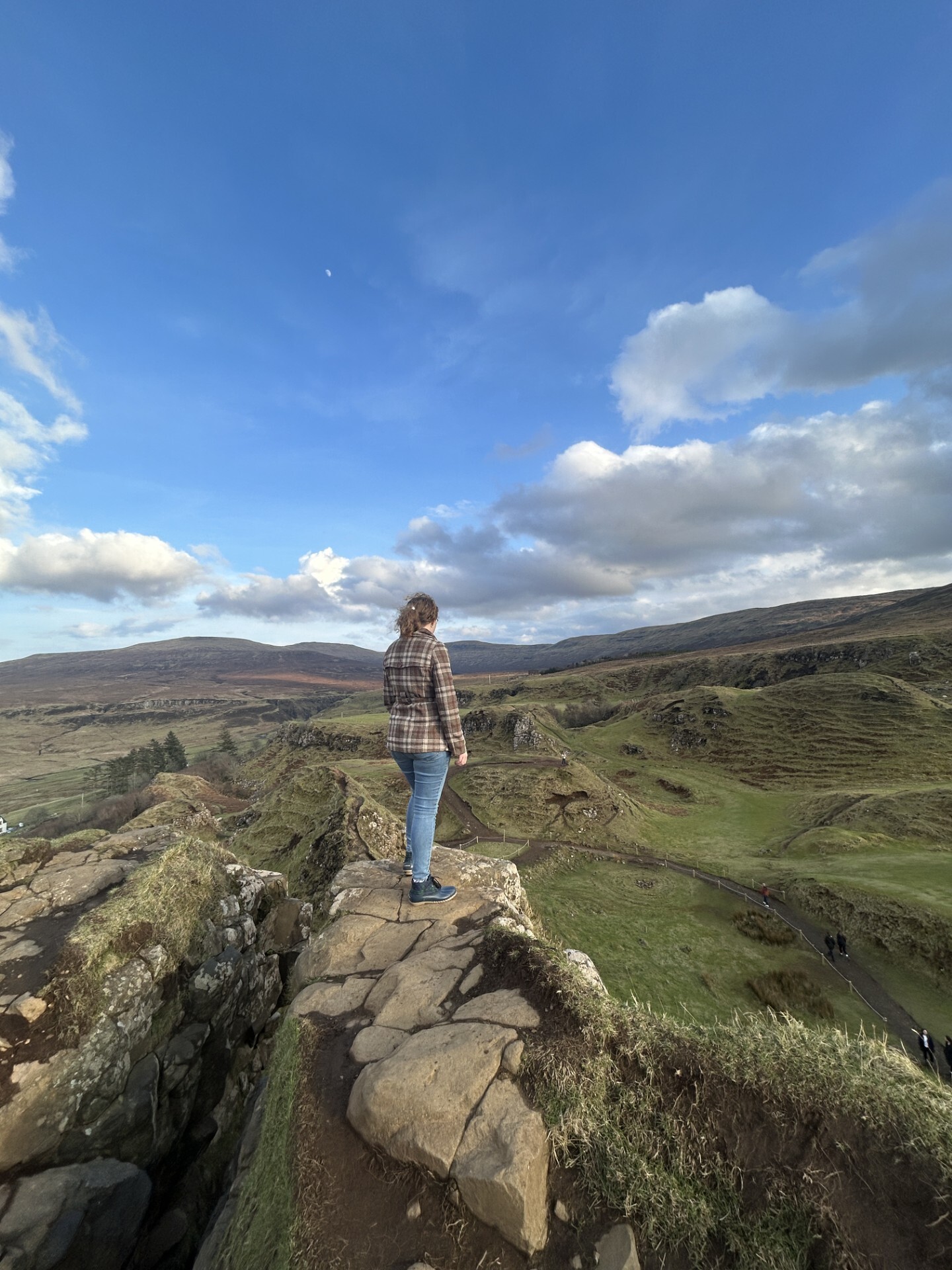
.jpg)
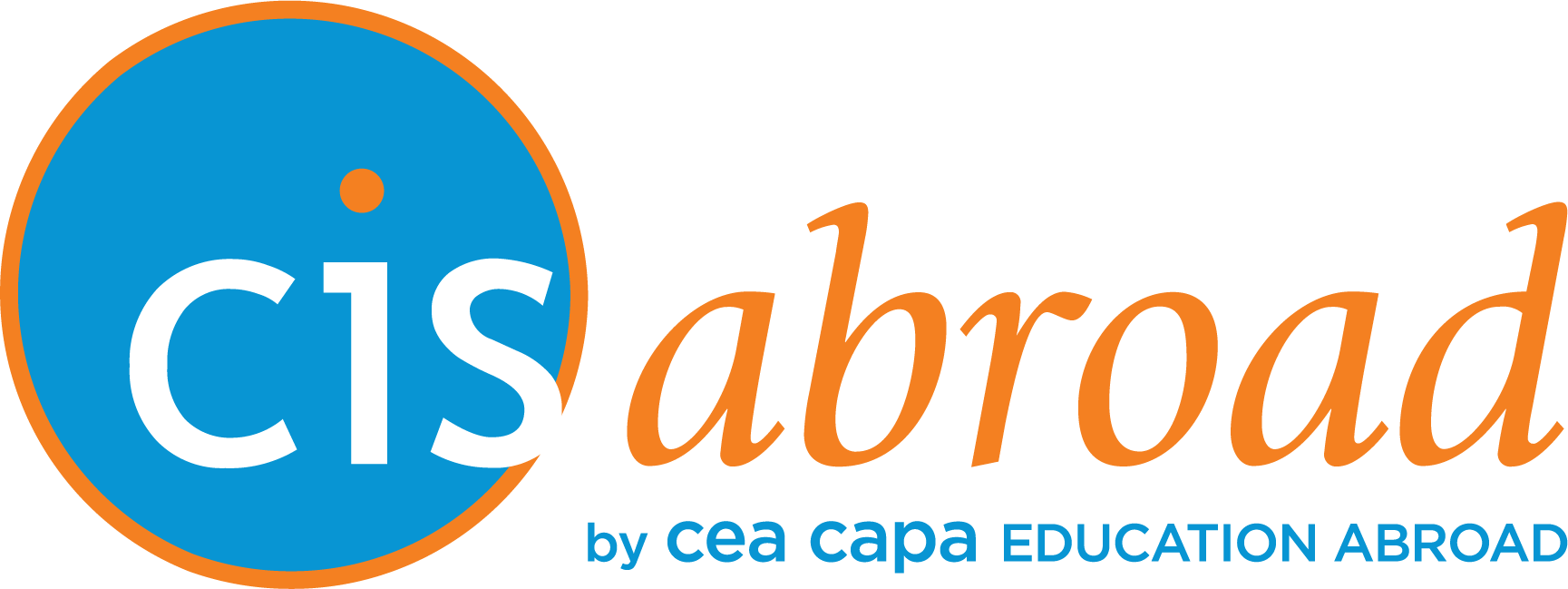


 Another wonderful aspect of my academics abroad were the weekly field trips; my semester was only four weeks long but in that time I had a field trip for each module, curated and directed by the professors. My Witches of Early Modern Scotland class went to the Museum of Magic, Fortune-Telling & Witchcraft in Edinburgh, purportedly the only museum in Scotland dedicated solely to the history of witches and cunning folk in Europe. After our visit we also took a guided tour, a ‘witch walk’, if you will, around the city to visit culturally significant landmarks to witches and witch persecution; it was a great opportunity to view Edinburgh from a unique, historical perspective that is not often considered!
Another wonderful aspect of my academics abroad were the weekly field trips; my semester was only four weeks long but in that time I had a field trip for each module, curated and directed by the professors. My Witches of Early Modern Scotland class went to the Museum of Magic, Fortune-Telling & Witchcraft in Edinburgh, purportedly the only museum in Scotland dedicated solely to the history of witches and cunning folk in Europe. After our visit we also took a guided tour, a ‘witch walk’, if you will, around the city to visit culturally significant landmarks to witches and witch persecution; it was a great opportunity to view Edinburgh from a unique, historical perspective that is not often considered!